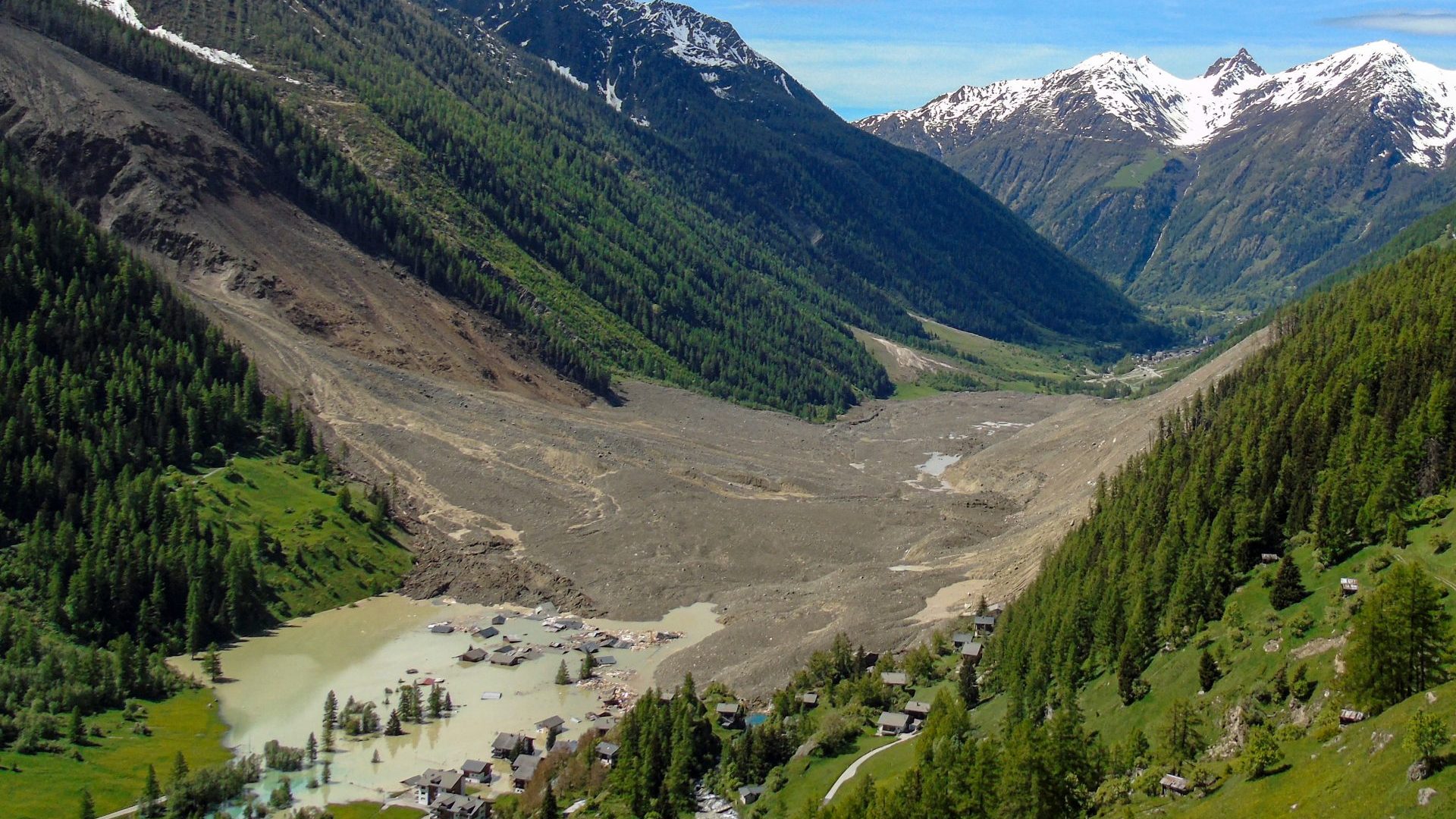Last month, a collapsing glacier flattened a whole village, Blatten, in Switzerland. Its residents had thankfully already been evacuated after geologists had sounded the alarm. It’s just the latest harbinger of the destruction yet to come if we fail to limit global heating to 1.5C above pre-industrial temperatures.
The consequences of climate change are only becoming more tangible. Yet scientists expect that 1.5C target, agreed in Paris in 2015, to be breached within the next decade, and global carbon emissions continue to climb steadily.
The climate crisis reminds me of biology lessons on bacterial growth: put some bacteria in a petri dish, and they’ll multiply at a rate that eventually seals their own extinction. It feels like we’re living through a human-scale version of that experiment. A consensus – spanning business and political elites, and most voters – has emerged in recent years that unless we get our act together, we’re all doomed.
However, achieving what’s needed to prevent the catastrophic impacts of climate change is feeling less likely in 2025 than it was in 2015. The steady progress that historically big and wealthy emitters like the UK, the US and Europe have made in reducing carbon emissions is being dwarfed by increasing emissions from rapidly developing nations like China and India. The United States’ carbon emissions fell from 6.13 to 4.91bn tonnes between 2005 and 2023; over the same period, emissions from China rose from 5.88 to 11.9bn tonnes.
And in a country like the UK, the low-hanging fruit has already been seized. As a recent paper by the Tony Blair Institute argues, meeting the 2050 net zero target is only going to get more difficult from here, requiring significant investment to decarbonise buildings, industry, the transport network, and the electricity grid. Those upfront costs are projected to result in annual savings for the UK economy from 2040 onwards as a result of increased energy efficiency, so from a long-term perspective stumping up for them is a no-brainer even if other countries did not follow suit. But that assumes we have politicians in place who can take hard decisions about how to fund it and on whom the costs should fall.
Suggested Reading


Reform oppose net zero… unless it’s in their own backyard
Moreover, the political consensus that achieving net zero is existential is now at risk of breaking down. President Trump pulled the US out of the Paris agreement during his first term in office, and is committed to repeating the trick this time round. Across Europe, far right parties like the AfD have won votes opposing German government plans to bring the ban on new gas boilers forward to 2024.
Here in the UK, Conservative leader Kemi Badenoch has distanced herself from her party’s previous support for net zero, claiming it is “impossible” for the UK to meet its 2050 target without “bankrupting us”. Reform has gone further, blaming net zero policies for high energy bills (the UK’s energy prices are in fact driven by our overexposure to high gas prices) and pledging to scrap the target altogether.
Why is Reform looking to use net zero as a wedge issue when there is a strong public consensus about the threat of climate change? The answer may lie in voter scepticism that global leaders are going to crack it, which could well undermine their willingness to bear the costs of net zero, especially in a world where populists are fingering it as the main culprit for the cost of living crisis. Just one in five people think the British government will meet its net zero target by 2050, and 84% think China, by far the world’s biggest emitter, will not meet its stated climate goals.
And who can blame them? I don’t really believe it either: politicians have a poor track record when it comes to long-term decision making. Where there are clear trade-offs between the climate and the economy, Labour ministers desperate for growth have already shown they’ll opt for the latter in choosing to back airport expansion. I’d love to believe that in this increasingly unstable and multipolar world, global leaders are going to achieve a level of coordinated international action never before seen to solve the world’s biggest collective action problem, but I don’t.
This cynicism may be rational, but it’s dangerous for efforts to slow the overheating of the planet. It would be a mistake for climate campaigners to assume that public agreement on the reality of climate change means the anti-net-zero movement won’t gain traction. And it underlines the importance of framing the public conversation in terms of solutions rather than scare stories about how dystopian a future without net zero looks. That can lead to a sense of fatalism – to the idea that it’s all so bad there’s nothing to be done.
But some parts of the climate discourse feel too dogmatic to adapt to a less settled climate politics. The response to a foreword written by Tony Blair for another net zero paper by his institute is a case in point. He gave voice to public cynicism that the current approach is going to save the planet, arguing that the UN’s climate process – the Conference of the Parties (COP) – is not going to produce the necessary change. He then pointed out the political difficulties in asking the public to make financial sacrifices if they think other countries won’t do likewise. He didn’t say that the UK should drop its net zero target, but argued that an excessive emphasis on phasing out fossil fuels in the short term, or limiting consumption, is “doomed to fail”.
From the overreaction to what he said you would think he had proposed ripping up climate targets altogether, when what he was really urging was a greater emphasis on technologies like carbon capture. It illustrates just how difficult it is to have a conversation about whether there are other risky bets governments should be taking, given that it is entirely possible that the COP process fails to deliver. Energy secretary Ed Miliband last week talked about how disappointed he was in Blair, describing his intervention as “incredibly defeatist” because it “sort of says we’re not going to… achieve 1.5 degrees”. But what looks like defeatism to one person might be realism to another.
None of this is easy: if humanity succeeds in saving itself by curbing the human instinct to consume, it will rank as perhaps the greatest feat of all. Climate campaigners deserve huge credit for establishing the broad consensus that this is existential.
However, there is now a risk of the climate issue curdling into a war between well-meaning net zero enthusiasts who believe in it as a moral good in itself as opposed to a means to an end, and right wing populists who set climate policies alongside immigration as the causes of stagnant living standards.
If that crowds out pragmatism and a recognition of the painful trade-offs involved, it could render the prevention of catastrophic climate change a more distant prospect.




